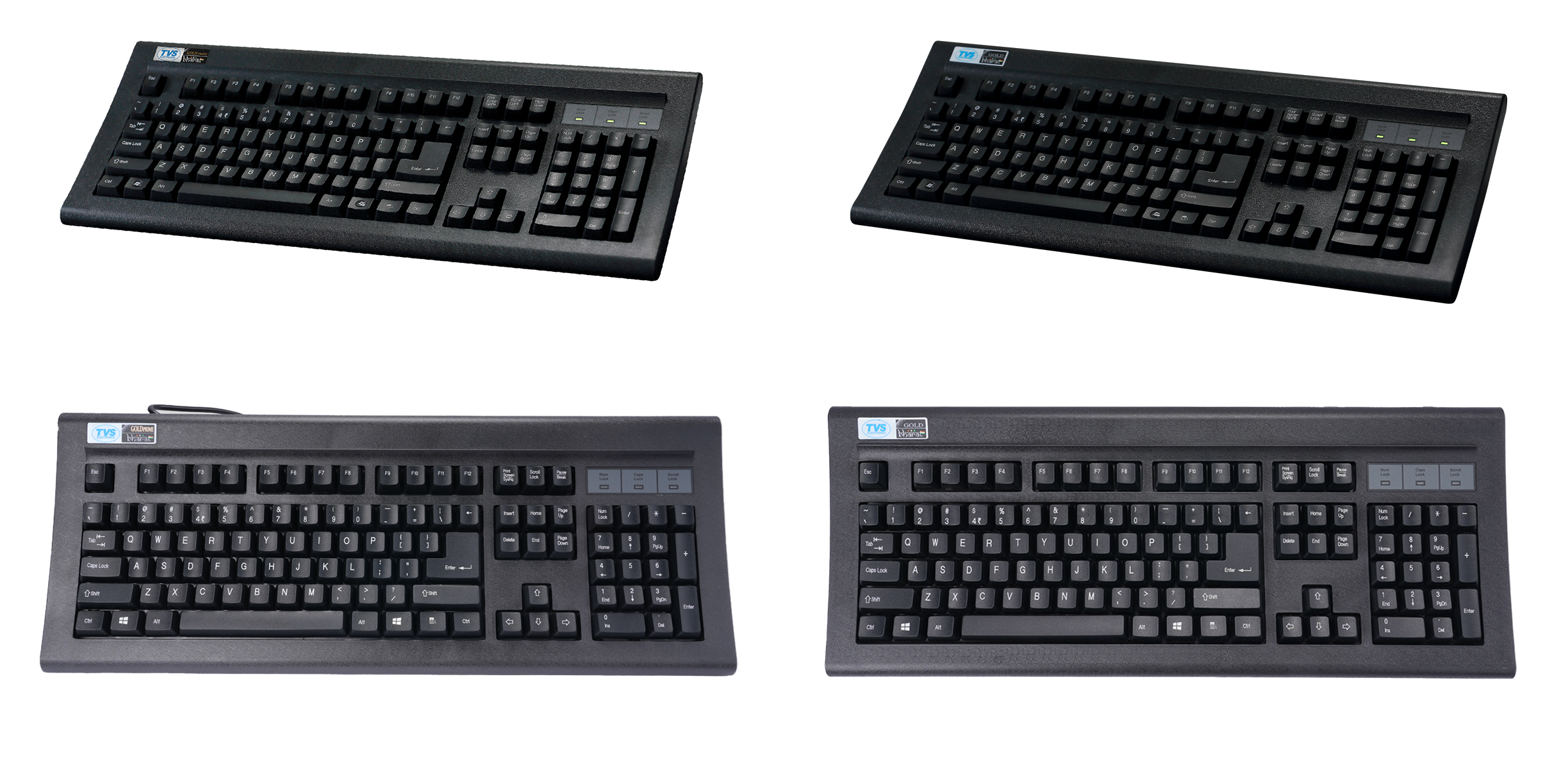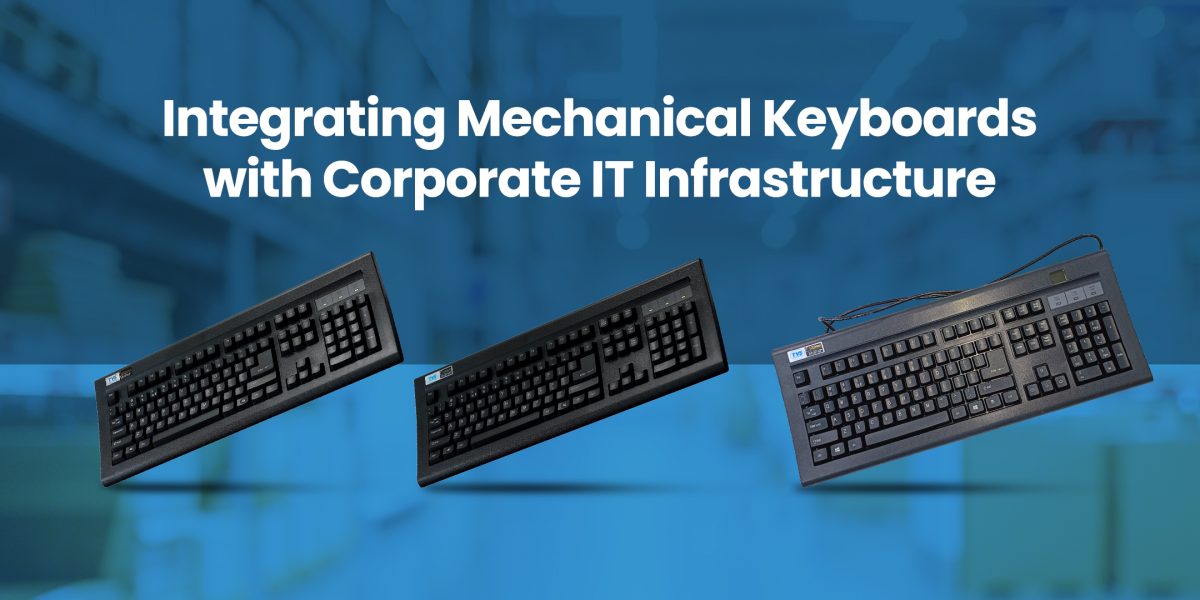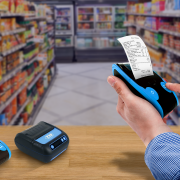The choice of peripherals can significantly impact productivity, comfort, and overall user satisfaction for any corporate IT setup. One such peripheral that has gained popularity in recent years is the mechanical keyboard. Mechanical keyboards are durable, provide tactile feedback, and have customizable features. These qualities have made it popular amongst many professionals. However, integrating mechanical keyboards with corporate IT infrastructure requires careful consideration to ensure compatibility, security, and efficiency.

Benefits of Mechanical Keyboards:
1. Enhanced typing experience: Mechanical keyboards offer a superior typing experience compared to traditional keyboards with soft-touch keys. Each keypress on a mechanical keyboard is registered with distinct tactile feedback and audible clicks. This helps reduce fatigue and increases typing speed and accuracy, which is beneficial for roles that involve extensive typing, such as data entry, programming, and content creation.

2. Durability: Mechanical keyboards are built sturdy as the switches used in mechanical keyboards are rated for tens of millions of keystrokes, far surpassing the lifespan of traditional or membrane keyboards. This leads to lower replacement costs and less downtime due to keyboard failures.
3. Customizability: Users can choose from various switch types to match their typing preferences, customize keycaps for better ergonomics or aesthetics, and program macros to streamline repetitive tasks. The mechanical keyboards’ customizability helps to increase efficiency and improve user experience.
Challenges of integration:
1. Compatibility issues: Integrating mechanical keyboards into a corporate IT environment requires ensuring compatibility with existing hardware and software. Some mechanical keyboards may not be fully compatible with all operating systems or enterprise applications. IT departments must test the keyboards with the company’s IT infrastructure to identify compatibility issues.
2. Security concerns: Mechanical keyboards often come with additional features such as programmable keys and onboard memory, which may pose security risks. For instance, programmable keys could execute unauthorized commands or scripts. IT departments need to assess the security implications of these features and implement appropriate measures to mitigate risks.
3. Cost considerations: Mechanical keyboards are more expensive than their membrane counterparts and require a significant initial investment. However, the long-term benefits, such as reduced replacement costs and increased productivity, can offset the higher upfront costs. IT departments should conduct a cost-benefit analysis before investing in mechanical keyboards.
Best practices for a smooth integration:
1. Ensuring compatibility: IT departments should thoroughly test mechanical keyboards with all relevant hardware and software systems. This includes checking for driver support, testing with enterprise applications, and verifying that programmable features do not conflict with security policies.
2. Implementing security measures: To address security concerns, IT departments should establish policies for using programmable features and onboard memory, including restricting access to certain features, regularly updating firmware, and monitoring for unauthorized use. Additionally, choosing mechanical keyboards from reputable manufacturers focusing on security can further mitigate risks.
3. Providing support and training: Transitioning to mechanical keyboards may require some adjustment for employees. Providing comprehensive support and training can facilitate a smooth transition. This includes offering resources on keyboard customization, troubleshooting common issues, and providing a helpdesk for ongoing support.
Integrating mechanical keyboards into corporate IT infrastructure offers numerous benefits, but it also comes with challenges for the company to deal with. The company needs to focus on implementing the best practices while integrating mechanical keyboards into their Corporate IT infrastructure to improve productivity and user satisfaction. This shift to high-quality mechanical keyboards is not just a matter of preference but a strategic decision that can enhance the overall efficiency and significantly improve user satisfaction, leading to a more positive work environment.














